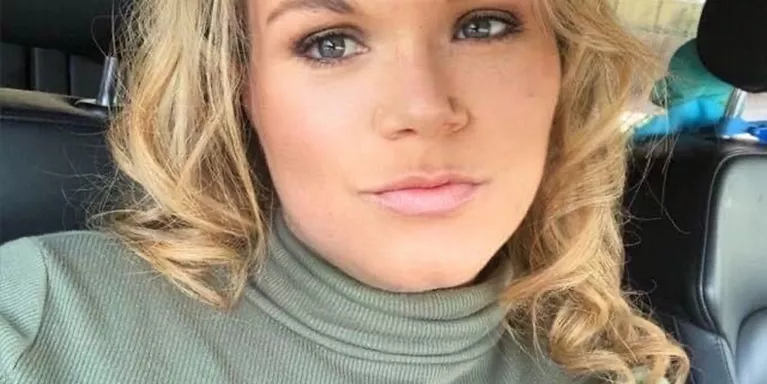Valentine's day and mental health
Many of us are surrounded by ideals of relationships we see on TV, in advertising and on social media. This can be true whether we're in a relationship or not.
That's why days which are supposed to celebrate love and togetherness can highlight how different, lonely or low we might feel.
We're using Valentine's day as an opportunity to share advice and personal stories which might help if you're struggling, today or any day.
We have information on:
Loneliness
Feeling lonely isn't a mental health problem in itself. But it's something that a lot of people with mental health problems struggle with.
There are many reasons that you might feel. For some of us, certain life events may mean we feel lonely. For example, going through a relationship break-up or bereavement.
But it's not always about not having people around. You can be in a relationship and still feel lonely. Especially if you don’t feel understood or cared for by the people around you.
If you're feeling lonely, we have some tips for managing loneliness which may help.

John's story
John lives with social phobia and struggles with meeting people. Find out the steps he's taking to recover.
I have made several online acquaintances, but this is a life-changing thing, and it's not going to happen overnight.
Low self-esteem
Self-esteem is how we value and perceive ourselves. It's based on our opinions and beliefs about ourselves, which can feel difficult to change.
If you have low self-esteem you may dislike yourself. Or you might feel worthless or that no one likes you.
On days like Valentine's Day, you might see lots of idealised relationships. This could be on TV or social media, for example. This might be difficult, if it makes you feel like you or your relationships aren’t good enough.
But we very often only see what other people want to share about their lives. Things are not always what they seem from the outside.
There are many other reasons you may experience low self-esteem. For example, if you’ve experienced relationship problems. Or if you’ve been bullied or abused in a previous relationship. There might not be one particular cause.
Visit our page on tips to improve your self-esteem to find more ways to support yourself.

Natasha's story
Natasha writes about rebuilding her self-esteem after a traumatic experience, and how she is helping others with their confidence.
I gradually learned to be kinder, and value myself more.
Mental health in relationships
Even if you're in a relationship, you might have difficult feelings on Valentine's Day.
Going through difficult times can sometimes make our relationships stronger. But they can also cause arguments or stress. You might find it difficult to understand what the other person is going through. Or you may find that your relationship has changed.
People can sometimes take difficult feelings out on those close to them. This could also make us feel upset and hurt.
If you feel this way, it might help to read Clare and Kate's stories below. They talk about experiencing mental health problems in relationships, and how they manage things. Our pages on mental health problems and helping someone else also have tips for taking care of yourself and supporting others.
Clare's story
Clare and her husband both have mental health problems. She shares how they have learned to cope.
Finding new tools and techniques can be valuable, in ways you don't always expect.
Kate's story
Kate blogs about how her relationship was affected when she became her husband's carer.
I was combating his negativity every day, trying to cajole him into keeping going.
Where can I get help?
If you're struggling with your mental health this Valentines Day, there are lots of ways to find support:
- Side by Side is Mind's supportive online community, where you can feel at home talking about your mental health and connect with others who understand what you are going through. Visit Side by Side to join.
- Did you know your GP can help you with mental health? Read our guide to seeking help for a mental health problem to find out more.
- See what your local Mind could offer, or call Mind's Infoline for support.
- You can talk to someone on the phone right now, by calling Samaritans on 116 123.
- Relate provides help and support with relationships, such as counselling and telephone support.
- Cruse Bereavement Support offers support to anyone who is grieving, including information on bereavement and a helpline.
This information was published in February 2023.













